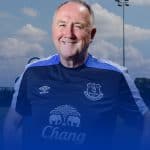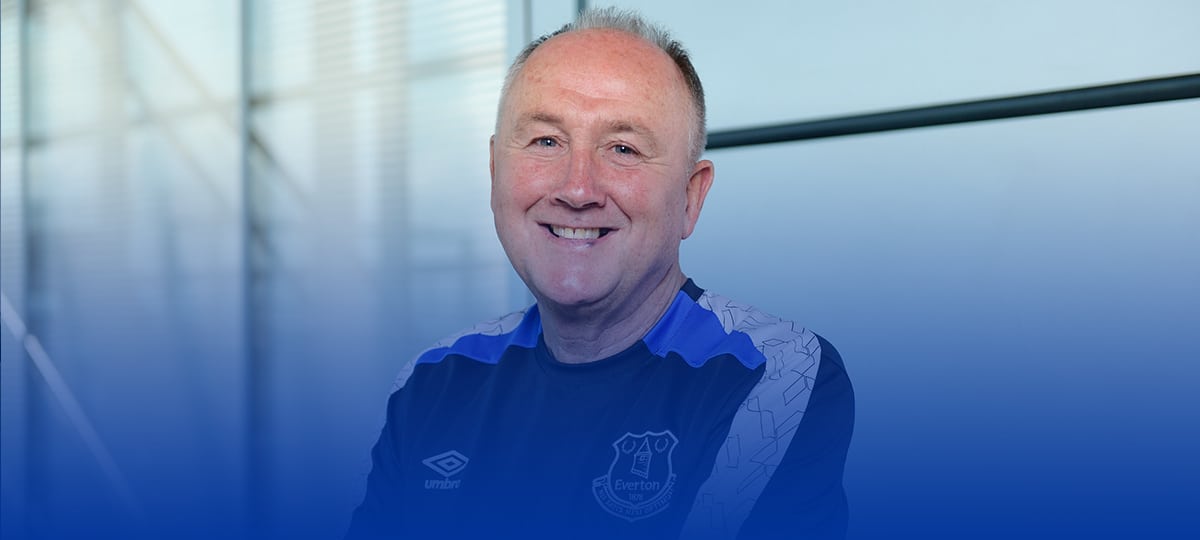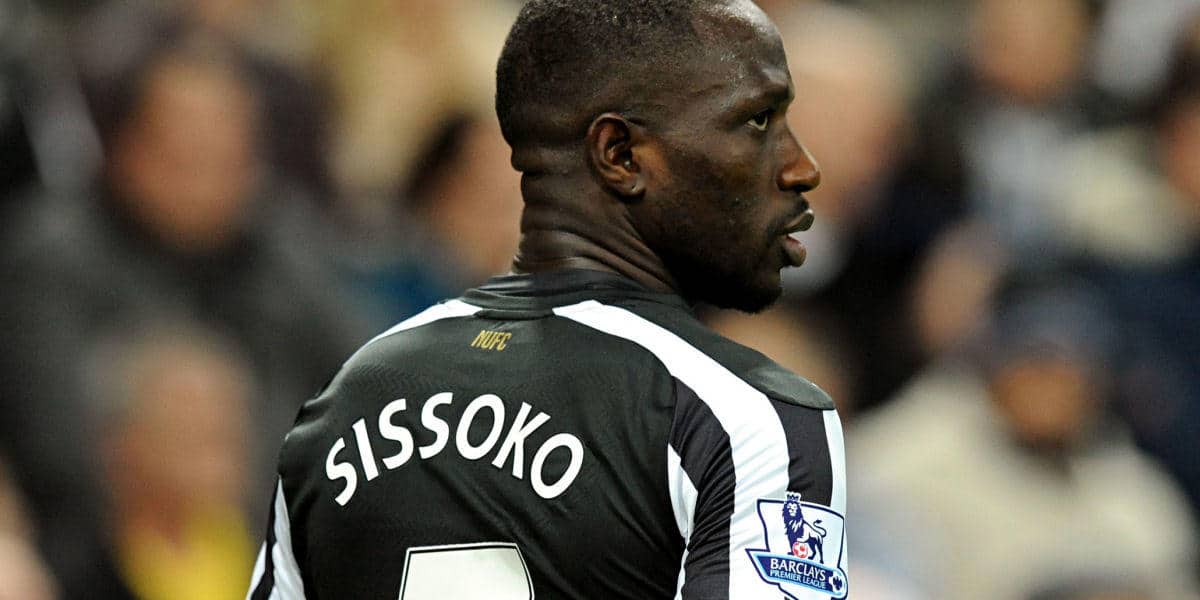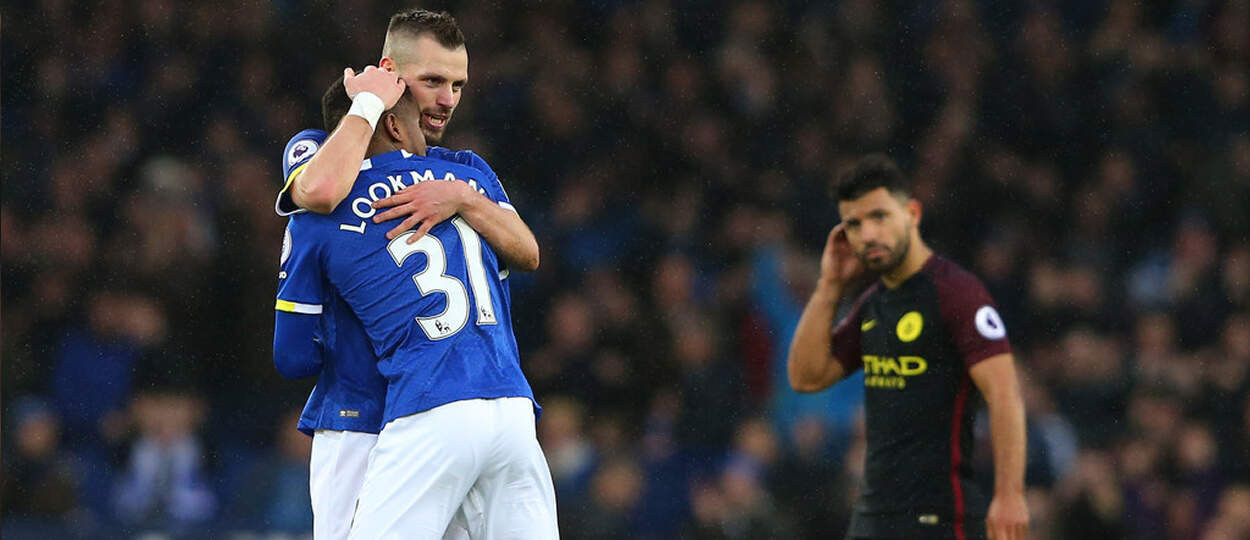Game of the Day: Oxford Utd 1-1 Everton, 1984 via Everton Arent We
There is nothing particularly interesting about the career of Kevin Brock. The Bicester-born midfielder won the U21 European Championships with England in 1984 and the 1986 League Cup with Oxford United. Brock moved to QPR and then Newcastle, but became peripheral after the arrival of Rob Lee and left in 1994 after a loan spell at Cardiff, returning only for a few non-league stints in his native Oxfordshire.
Yet Brock’s legacy, his part in the history of a club he never represented, will live on.
Heh. Wang.
How does an era begin? Norman rule in England began with the Battle of Hastings. Zhu Yuanzhang wrote the Mandate of Heaven and thus established the great Ming dynasty in China. The Howard Kendall Era began in earnest when Kevin Brock slightly underhit a backpass.
The Everton manager faced his nadir in 1983, when terrible form led to half of Goodison Park refusing to attend matches, and the other half calling for the manager to quit. The calendar year ended in atrocious fashion; Everton scored once in their final five games of 1983, and were thrashed 3-0 by a Wolves side who would finish bottom of the First Division. More protests came as the Toffees slunk to an abject 0-0 stalemate at home to Coventry on New Year’s Eve. Kendall, despite earning cult hero status for being one third of the Holy Trinity, was not living on borrowed time. Said time had been and gone. It was time to go.
Kendall was given a reprieve thanks to a 2-0 win over Birmingham at the start of 1984, and so was in charge for the FA Cup third round tie away to Stoke City. At half time, with neither side able to break the deadlock, Kendall’s team talk required no talk. As the story goes, he opened the dressing room window, and let the Everton fans crammed into the away end do more than tactical tweaking and motivational speeches ever could. Alan Irvine and Andy Gray struck in the second half, progression secured.
Yet Everton weren’t at all out of the woods. They went to the Victoria Ground seven days later, and were held to a 1-1 draw. A League Cup quarter-final against Third Division Oxford United suddenly took on a great deal of symbolic importance. What Everton needed was a catalyst, a hero to turn their fortunes around.
They would have their unlikeliest of heroes, and the unlikeliest of venues for their escape from mediocrity onto the path to glory.
Despite being two tiers below Everton, Oxford’s upwards momentum meant they would be no pushovers. Bankrolled by controversial media mogul Robert Maxwell, the U’s were making waves under the tutelage of Jim Smith, and would go on to win the title and begin their meteoric rise to the top tier. Second Division opposition in Newcastle and Leeds were put to the sword at Manor Road in League Cup replays, with Manchester United standing between Oxford and the quarter-finals. The sides still not separated after two draws, a replay at the Manor Ground was required. Oxford stunned their illustrious opponents 2-1 to set up an encounter with Kendall’s beleaguered Blues. Another shock was in the offing.

A packed Manor Road greeted the under-pressure Toffees, with the churned-up turf, though not unusual at the time, likely to cause the First Division visitors difficulties. Most of the Everton line-up that night would go on to start the 1985 Cup Winners’ Cup final – though Gray was cup-tied – but glory in Rotterdam seemed a million miles away.
It was not a game of many chances, the ball spending more time in the air than in either penalty area. Irvine had an effort blocked, before Sheedy saw a shot saved by home goalkeeper Steve Hardwick. The hosts almost took the lead in a goalmouth scramble, but Neville Southall was able to grab hold of the ball in the nick of time. The Welsh stopper than had to produce an outstanding point-blank save to deny George Lawrence as Oxford turned the screw.
The atmosphere was tense, unbearably so. Only at the midpoint of the second half did the mood change, but in the worst possible way for Everton. A free kick on the left wing made its way to the back post, the ball headed back into the danger area. The first to react was Oxford defender O’Donnell, who poked the ball past Southall and the two Everton defenders on the line. Third Division Oxford led First Division Everton. The humiliation would surely not be a blow Kendall could survive.
Kevin Richardson came on as Everton searched for something, anything, that could turn the tide. With nine minutes to go, Kendall’s time was running out. Southall kicked deep into the home side’s half, and the ball was headed out, collected 30 yards from goal by Brock.
Kevin Brock, who had scored three goals in Oxford’s run to the quarter-finals. Kevin Brock, a mainstay in the Oxford side as they climbed the Football League pyramid. Kevin Brock, who, under serious pressure from Peter Reid, opted to pass the ball back to Hardwick.
Reid turned away in disgust. He had tried to dispossess Brock, but despite the pressure applied by himself and the lurking Irvine, the midfielder had wriggled away. When Reid turned back, he had noticed something. The ball had not reached Hardwick. Adrian Heath had noticed the path of the backpass, and had sprung into action. Heath raced in, skipped around the helpless home keeper, and put the ball into the empty net.

That one moment was all Everton needed. The draw secured, Kendall’s side romped to a 4-1 victory at Goodison Park the next week. Though their League Cup bid ended in despair thanks to the interventions of Liverpool and Clive Thomas, 1984 was a turning point. Everton would only lose three more times in the league following the Oxford draw as they rallied and finished seventh – better was to come. Two replays were needed to see off third tier Gillingham in the FA Cup fourth round, but Shrewsbury and Notts County were swept aside. A Heath winner in extra time saw Everton past Southampton, meaning victory over Watford would secure a first FA Cup title since 1966.
But more on that tomorrow.
All great eras have to start somewhere. For Everton, it was Manor Park on a dark February night, nine minutes from time, with one pass. One pass that, if slightly better struck, would have evaded Adrian Heath. That, if not as well struck, would never have reached him. On that night all the stars aligned for Everton, and they did not dissipate after that. Better times had arrived.
Read Full Article
Continue reading...


















